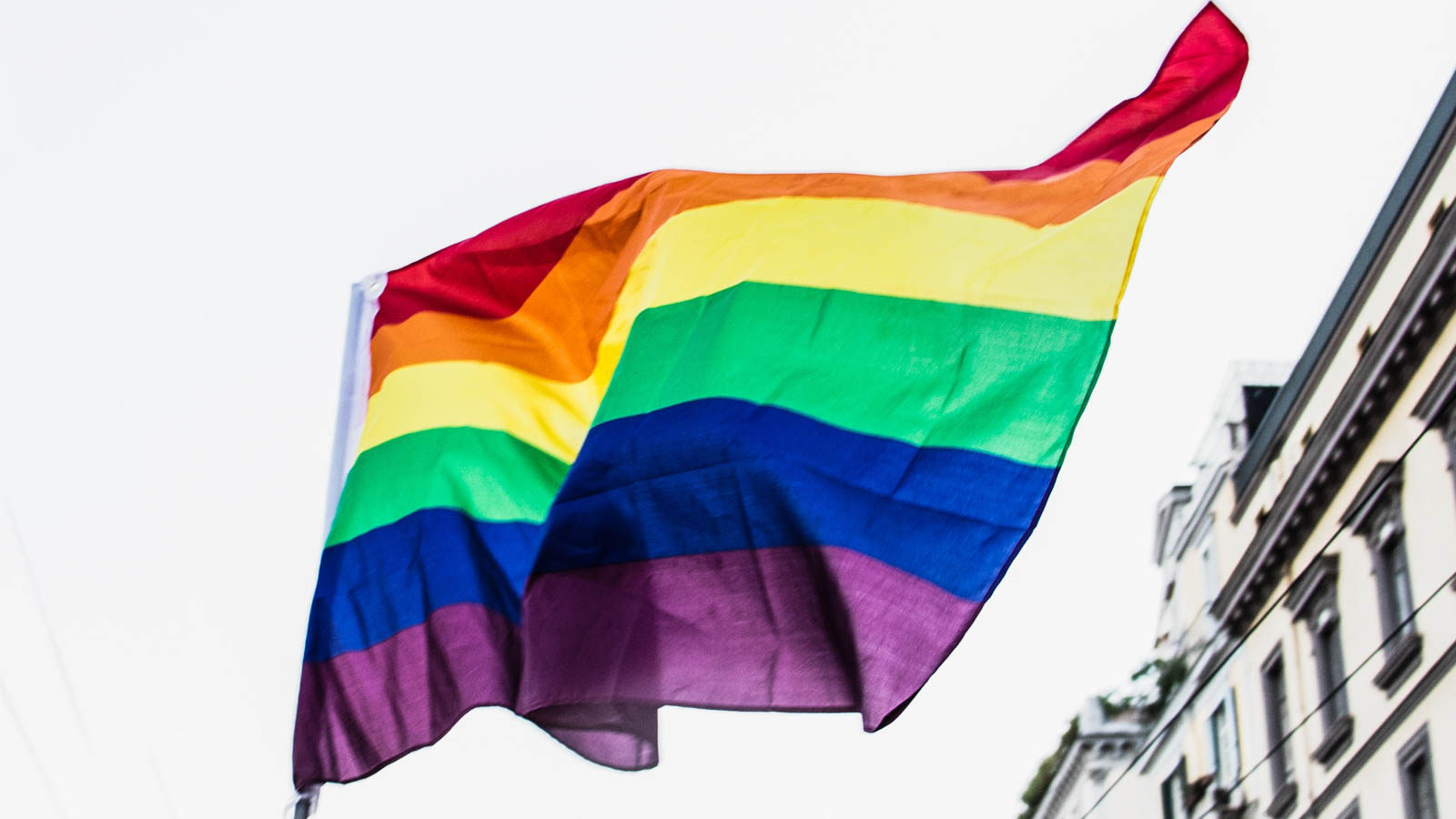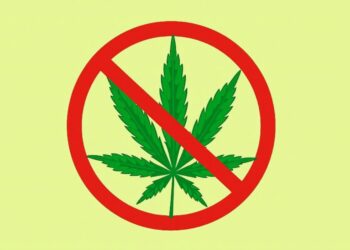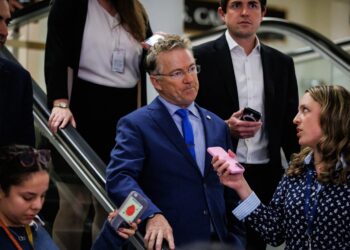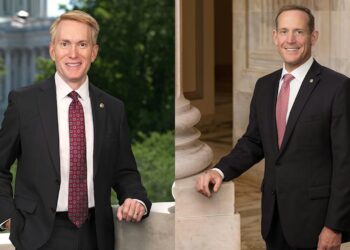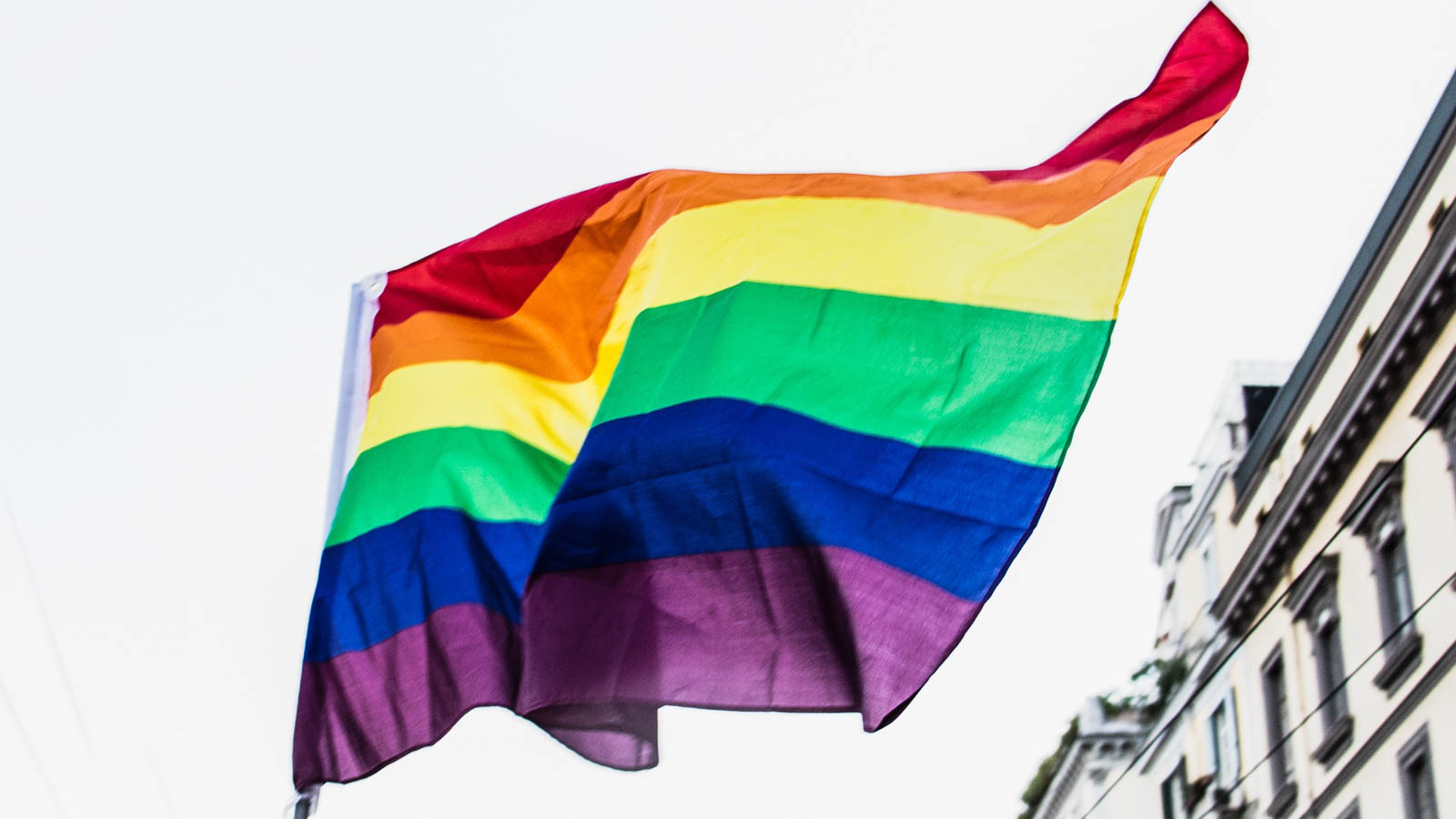
Over the course of June, you’re likely to see a wide variety of brands and products getting a rainbow makeover just in time for Pride Month. The cannabis industry is certainly not exempt from this branded holiday treatment — after all, the histories of the gay rights movement and the marijuana legalization movement are intrinsically linked — however such gestures of support can belie the industry’s issues with LGBTQ representation, or lack there-of.
LGBT Capital estimated in 2016 that LGBTQ people’s global spending power is worth US$5.4 trillion. But rather than play to this sizeable community with year-round promotions, brands that solely target LGBTQ consumers during June run the risk of rubbing the population the wrong way. According to a 2018 survey by Grindr’s digital magazine Into and market-research firm Brand Innovators, just 15.6% of LGBTQ people feel very positively toward brands that have LGBTQ themes in their marketing only during Pride Month, and just 40% feel very positively toward those that incorporate such themes year-round.
Perhaps people are hoping for more meaningful moves than rainbow packaging — and such moves are necessary. While sexism in the cannabis industry has been explored in research, writing, and even film, less light has been shed on homophobia, biphobia, transphobia, and other forms of prejudice and discrimination against LGBTQ individuals. However, many LGBTQ people in the industry report instances of such mistreatment.
“It was after an industry event that an individual (who will remain nameless) started an altercation with me for no reason other than he wasn’t happy that I was having a conversation with his client and began to hurl homophobic slurs at me,” remembered Josh Crossney, CEO and founder of the Cannabis Science Conference, who identifies as a gay man.
The exclusion is not always so explicit. Sometimes, it’s a matter of who industry members choose to become close with or what kinds of people products are geared toward.
“I’ve found there to be a few cliques of straight girls in the industry that I don’t feel welcomed in,” said Katie Stem, CEO of Portland, Oregon-based edibles producer Peak Extracts, who identifies as bisexual. “There’s a subset of cannabis very focused on feminine style and aesthetic, and I can’t navigate that space effectively because I’m just not a ‘girly girl.’ It’s tricky — I don’t fit in with the men, but I don’t fit with the women, either.”
The stereotypical macho image of a smoker may also contribute to the exclusion of LGBTQ people, just as it contributes to the exclusion of women in cannabis, Stem said. “I’ve run across very few gay men in leadership roles in cannabis, and for that, I reference back to the ‘stoner bro’ culture. Trans people face similar hurdles.”
Society’s Norms Haven’t Caught Up
Even when they’re not facing explicit discrimination, many LGBTQ cannabis entrepreneurs struggle with internalized societal norms. Sara Batterby, who supports LGBTQ founders in raising money, said the people she coaches in cannabis often struggle with confidence when trying to raise money for their companies.
“If a founder does not value themselves and feel comfortable asking for money, it is very difficult for them to project the signals of leadership and confidence that investors look for,” she said. The societal “othering” of LGBTQ people can lead them to experience anxiety, shame, defensiveness, and other subtle emotional obstacles that can prevent them from forming connections with investors.
But once these clients are able to be upfront about their identities and make equality part of their mission, LGBTQ identification can become an advantage, Batterby said.
“It can be easier to just be and act like who you really are,” Crossney agreed. “When you get to just be yourself and stop pretending to be something you’re not, all of that unnecessary pressure goes away and you can focus on what’s really important.”
The LGBTQ market is estimated to have $5.4 trillion in spending power globally, yet many individuals feel like they are excluded or stigmatized. The cannabis industry is no exception, as several professionals identifying within the LGBTQ group report experiencing stereotypes and prejudice. (Photo by Jana Sabeth Schultz/Unsplash)
That’s easier said than done, but people will hopefully have more help as the industry grows and creates more organizations to support LGBTQ people. “If you look up LGBT groups in tech, you’ll get a full page of listings. Cannabis is so new that we’re not quite there yet,” said Sara Gluck, chief operating officer of the America Israel Cannabis Association, who identifies as lesbian or gay.
However, Gluck is hopeful, given the newness of the industry, that it can be more supportive than other industries.
“The way I see it is that everyone in the U.S. cannabis industry is a criminal in the eyes of the government, and we all have to band together in order for the greater good — for patients to get their medicine and people to have their personal freedom to use cannabis,” she said.
It’s not just company culture that needs improvement. Heteronormativity also comes out in cannabis brands’ advertising campaigns. Daniel Saynt, who runs the cannabis-focused digital agency and social club NSFW and identifies as bisexual, said the brands he works with are often reluctant to use sexual imagery, and when they do, that imagery is geared toward heterosexual men.
“The majority of big spenders in the space are white cis males who don’t have many influencers surrounding them to consider unfamiliar markets,” he said. “There’s little diversity in who [brands] target and even less representation in advertising. They all want the same consumer, and it’s often a challenge to develop campaigns for brands that can’t look beyond their comfort zone.”
Tapping a Diverse Market
But brands that have branched out from the straight white cis male market, such as Whoopi Goldberg’s and Maya Elisabeth’s female wellness-focused CBD line Whoopi & Maya and brands owned by Snoop Dogg, Wiz Khalifa, and the Marley family have had a lot of success, Saynt added. So, those focused on the LGBTQ community have high potential, too.
Including more LGBTQ people in cannabis will be good for the industry as well as consumers, said Michael Klein, CEO of CannabisMD.com, a non-advocacy destination for consumers to learn about the potential benefits of medical cannabis and cannabidiol (CBD), who identifies as a gay man.
“LGBTQ have been on the forefront of so many significant moments in culture,” he explained. “This forward-leaning curiosity can be of enormous benefit to the creation of products and services and impact how consumers are integrating CBD and medical cannabis into a health and wellness journey.
“Companies that engage with diverse voices and messaging will break through the clutter and capture a large part of this ever-growing market,” Klein said.
Another advantage is that LGBTQ leaders are likely to make their teams, their products, and their marketing more inclusive. “I’ve found that the queer-owned companies (both mine and those of my friends) gear their marketing towards the universal, accessible demographic,” said Stem, the Peak Extracts CEO. “The more queer, trans, and female people we have working in this space, the less the industry will fall prey to the degrading advertising tactics of the alcohol and tobacco industries.”
Some people are already doing this. “As a femme-presenting queer woman, it’s critical for me to bring my gayness to the forefront of my identity of who I am as an entrepreneur and leader so that others may also see they have a place in the industry,” said Andrea Brooks, founder and CEO of personalized cannabis discovery platform Sava.
LGBTQ leadership in the cannabis industry is especially appropriate given its history, Saynt adds. “Legalization of cannabis wouldn’t be a thing if it wasn’t for all those brave LGBTQ members we’ve lost who fought for years for medicinal use,” he said. “Making the lives of those with HIV or AIDS better was a major mover in legalizing the drug.”
Activists such as the late Dennis Peron, who sold cannabis to patients with AIDS and co-authored California‘s Proposition 215, the first successful medical marijuana voter measure in the U.S. when it passed in 1996, helped people see the medicinal benefits of cannabis and worked toward getting it legalized.
“Also, being a fucking LGBTQ is stressful as fuck,” Saynt added. “Every day, we’re on a roller coaster of highs and lows. We live in constant fear of judgment and exclusion, with some of us still healing the wounds of shame bestowed upon us by the world. It’s not always rainbows over here.
“Cannabis is a God-given, healthy stress reliever that gives us a moment to breathe, to not feel those darkest feels and just feel free. Companies need to employ more emotional empathy to understand why the LGBTQ community is a valuable consumer that has been championing cannabis for years.”
Feature image by Sara Rampazzo/Unsplash

